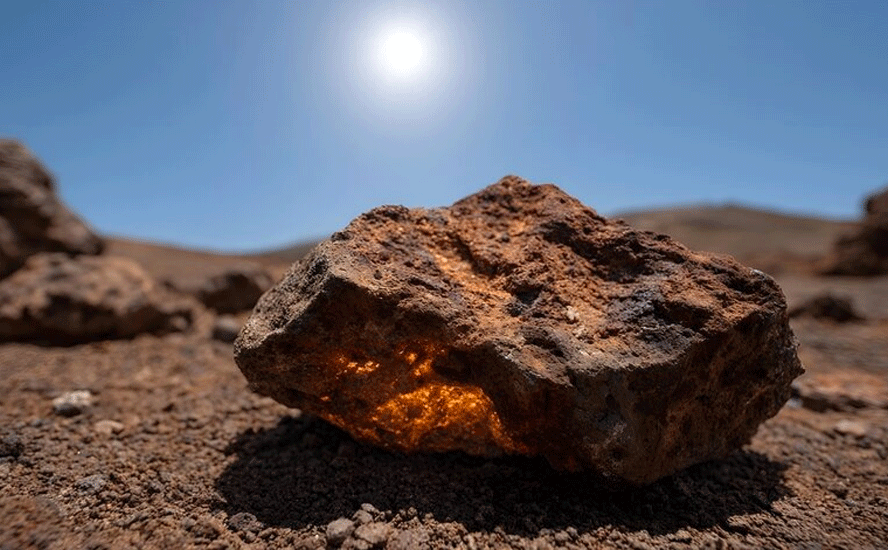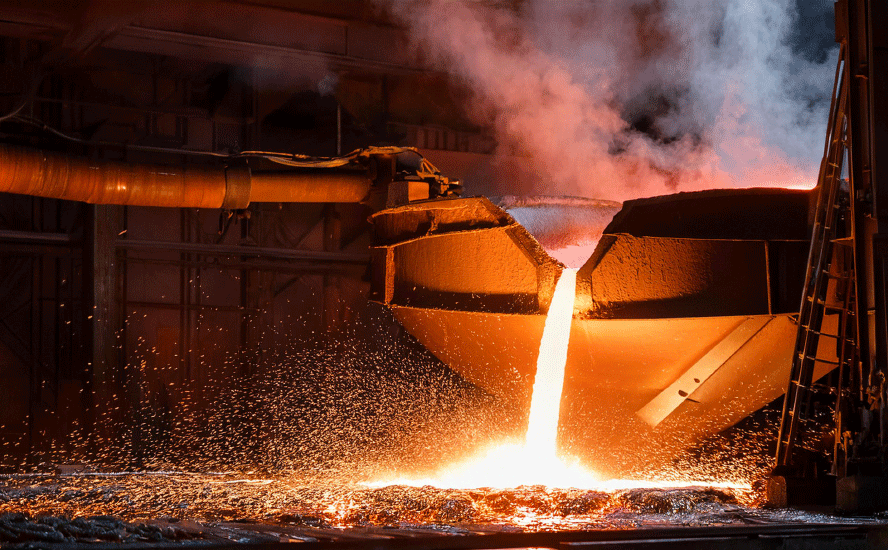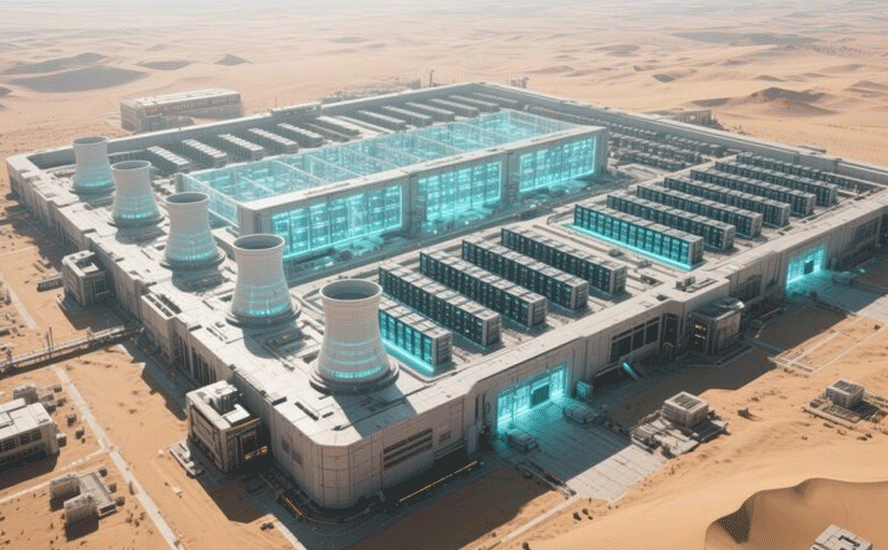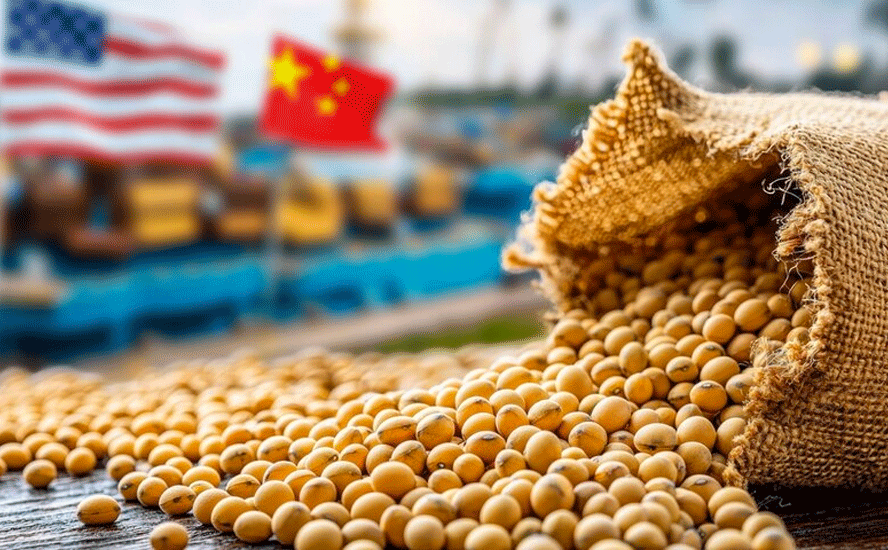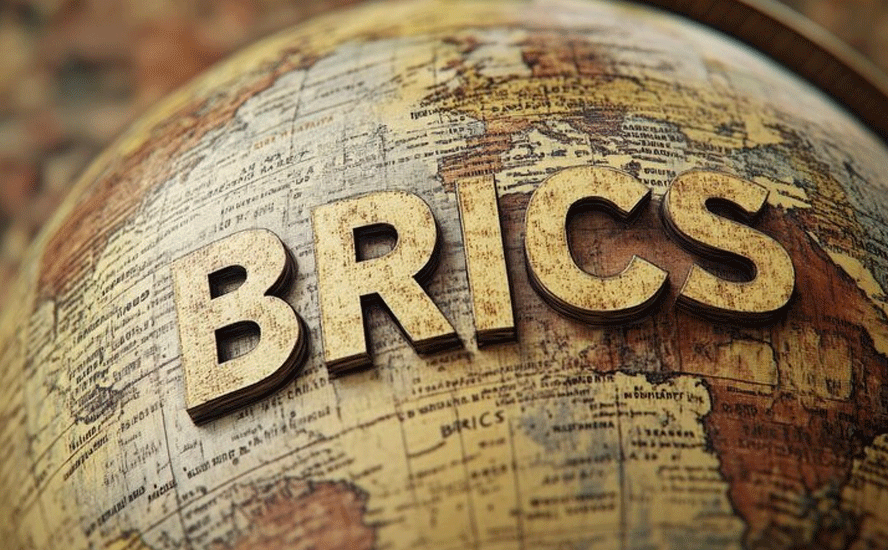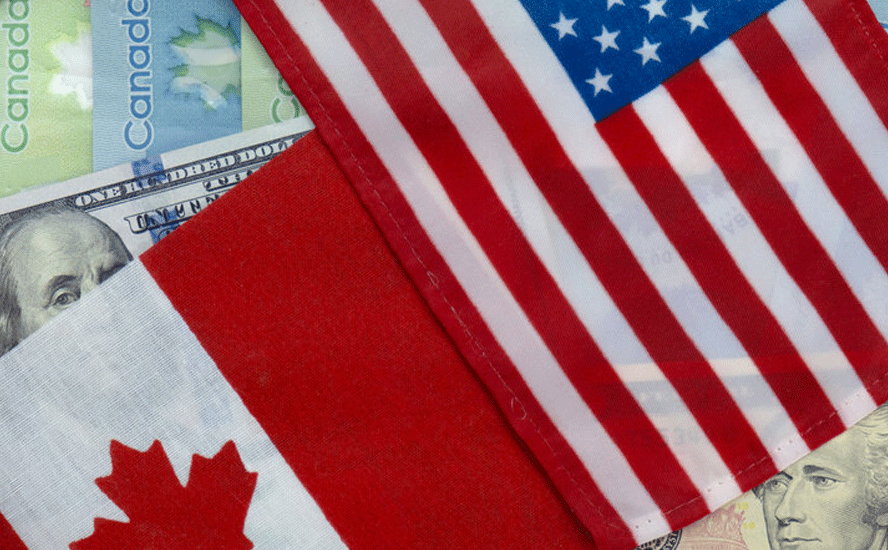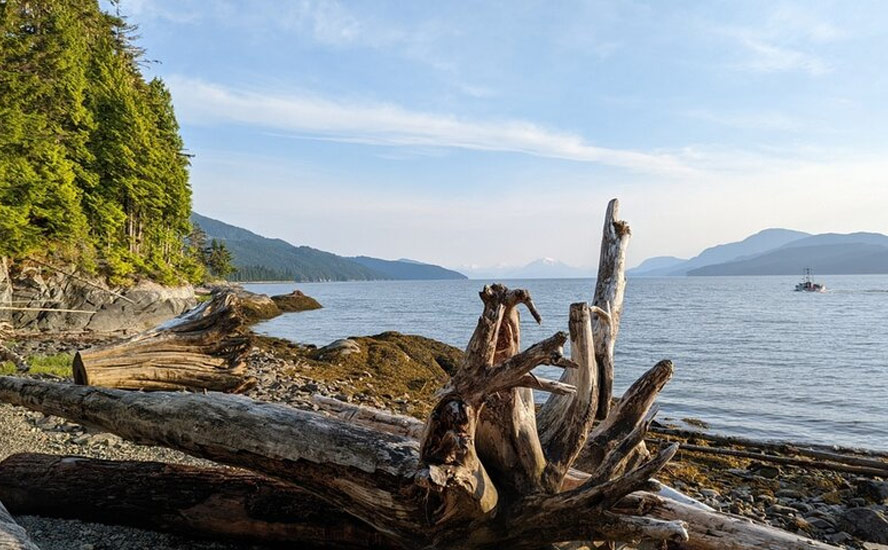Democratic Republic of Congo (DRC)

2017.01.13
The DRC holds two major distinctions. First, it is the richest country in the world in terms of mineral wealth, at an estimated $24 trillion, and it is the country in which the highest number of people – estimates go as high as ten million – have died due to war since World War II.
“The wars in that country have claimed nearly the same number of lives as having a 9/11 every single day for 360 days, the genocide that struck Rwanda in 1994, the ethnic cleansing that overwhelmed Bosnia in the mid-1990s, the genocide that took place in Darfur, the number of people killed in the great tsunami that struck Asia in 2004, and the number of people who died in Hiroshima and Nagasaki — all combined and then doubled.” Vava Tampa, Why the world is ignoring Congo war.
The DRC, rated by the IMF as the world’s poorest country, is widely regarded as the world’s richest in natural resources.
The Congo’s staggering economic potential (the DRC contains five percent of the world’s copper and 50 percent of its cobalt) is matched only by its poverty and corrupt mismanagement.
The Democratic Republic of Congo ranks last on the UN Human Development Index (HDI) rankings which represent an annual assessment of measures of progress in human well-being. Countries at the bottom of the list suffer from inadequate incomes, limited schooling opportunities and low life expectancy rates due to preventable diseases such as malaria and AIDS.
The report stresses that a lot of the problems encountered by countries with low rankings are worsened by armed conflicts and its devastating consequences.
Life expectancy in the Democratic Republic of Congo is less than 48 years, one of five children will die before age five and almost sixty percent of the country’s 71 million people live on less than $1.25 per day.
The DRC ranks as one of the least equitable countries in the 2011 Gender Inequality Index (GII), which shows rankings of gender equality based on a composite index of reproductive health, years of schooling, parliamentary representation, and participation in the labour market.
Transparency International’s 2015 corruption perception index ranked the DRC at 147 out of 167.
UN special Representative Margot Wallstrom called the DRC “the rape capital of the world” and both government forces and the militias in control of various parts of the country practice it.
“In 1994 the world watched Africa in horror as some 800,000 people were killed without regard for sex or age over the course of some hundred days; it was the Rwandan Genocide and commanded global guilt if not global action. In March, 1998, President Bill Clinton stood on the tarmac of Rwanda’s Kigali airport and expressed to on looking crowds his failure to stop the genocide was the “biggest regret” of his presidency. Only six months later residual Hutu-Tutsi hostilities ignited the Second Congo War which lasted five years, directly involved eight African nations and twenty-five armed groups, claimed 5.4 million lives, and garnered little global attention. While the deadliest conflict since WW2 may have been initiated by deep ethnic and political tensions, the violence and bloody aftermath which perpetuates today was driven in large part by something deeper still: Congo’s mineral wealth.
Many of Africa’s resource-rich countries emerge from years of civil war with residual conflict zones, but in this case Congo is in a tragic class of its own. The enduring legacy of the Second Congo War is the continuing conflict in Congo’s eastern provinces…Known as the Kivu Conflict, in 2004 this armed struggle between government forces and rebel militias picked up the Second Congo War’s bloody baton and continues today due to innumerable artisanal mines funding a perpetual conflict whose brutality includes mass rape, mutilation, and cannibalism. The UN believes over 50% of the region’s 200 mines are controlled by armed forces which employ illegal taxation, extortion, forced labor, and violence to ensure the flow of mineral wealth. According to one CNN report eastern Congo’s armed groups generate some $180 million through the illicit trade of tin, coltan, tungsten, and gold which are easily traded across the porous eastern frontier and funneled into the international market…This volatile mixture of extraordinary mineral wealth, ethnic tension, and proxy armies can drag the region into another brutal war…With tensions high and 1994’s genocide still casting its shadow over the region another devastating war remains a looming and distinct possibility.” Nathan William Meyer, Deal of the Century: Will Chinese Investment Save Congo
Mining Laws Changed
The Democratic Republic of Congo is seeking to enlarge its stake from five percent to 35 percent in projects that are “free of charges and non-dilutable” and increase royalties to gain greater state revenues from the sector.
Proposals also include doubling royalties on some minerals and introducing a 50 percent levy on miners’ “super profits” – when a commodity’s price rises over 25 percent compared with its level at the time of the project’s feasibility study.
Other proposed changes include scaling back the length of exploration permits to three years, from the four and five year permits available under the current code.
The exploitation phase of mining licenses will be reduced to 25 years from 30 years.
Richard (Rick) Mills
aheadoftheherd.com
Richard lives with his family on a 160 acre ranch in northern British Columbia. He invests in the resource, technology and biotechnology/pharmaceutical sectors and is the owner of aheadoftheherd.com.
***
Legal Notice / Disclaimer
This document is not and should not be construed as an offer to sell or the solicitation of an offer to purchase or subscribe for any investment.
Richard Mills has based this document on information obtained from sources he believes to be reliable but which has not been independently verified.
Richard Mills makes no guarantee, representation or warranty and accepts no responsibility or liability as to its accuracy or completeness. Expressions of opinion are those of Richard Mills only and are subject to change without notice.
Richard Mills assumes no warranty, liability or guarantee for the current relevance, correctness or completeness of any information provided within this Report and will not be held liable for the consequence of reliance upon any opinion or statement contained herein or any omission.
Furthermore, I, Richard Mills, assume no liability for any direct or indirect loss or damage or, in particular, for lost profit, which you may incur as a result of the use and existence of the information provided within this Report.
Legal Notice / Disclaimer
Ahead of the Herd newsletter, aheadoftheherd.com, hereafter known as AOTH.Please read the entire Disclaimer carefully before you use this website or read the newsletter. If you do not agree to all the AOTH/Richard Mills Disclaimer, do not access/read this website/newsletter/article, or any of its pages. By reading/using this AOTH/Richard Mills website/newsletter/article, and whether you actually read this Disclaimer, you are deemed to have accepted it.




